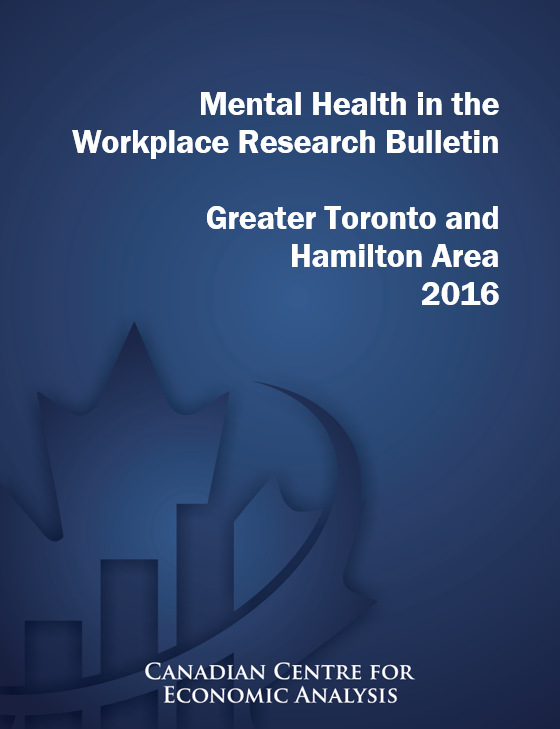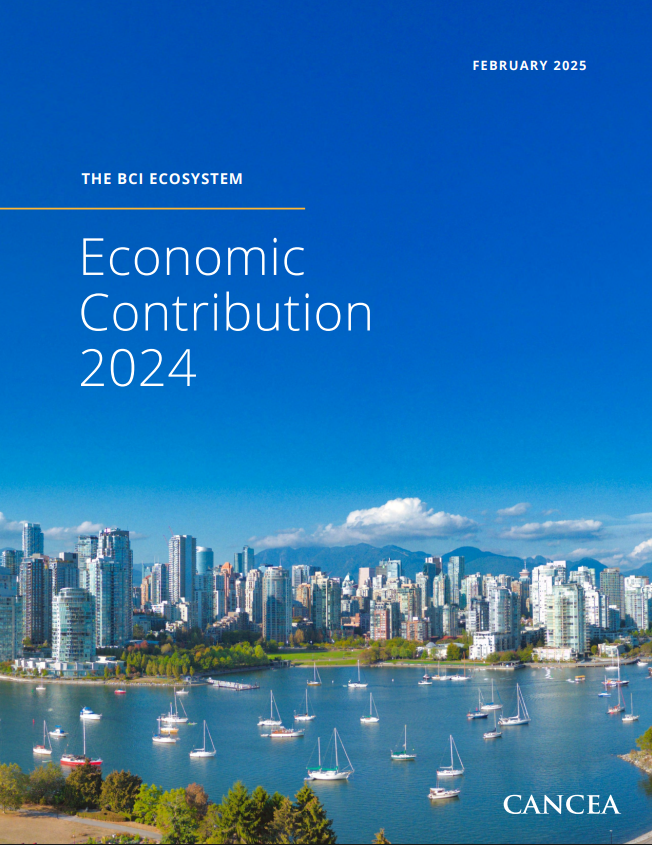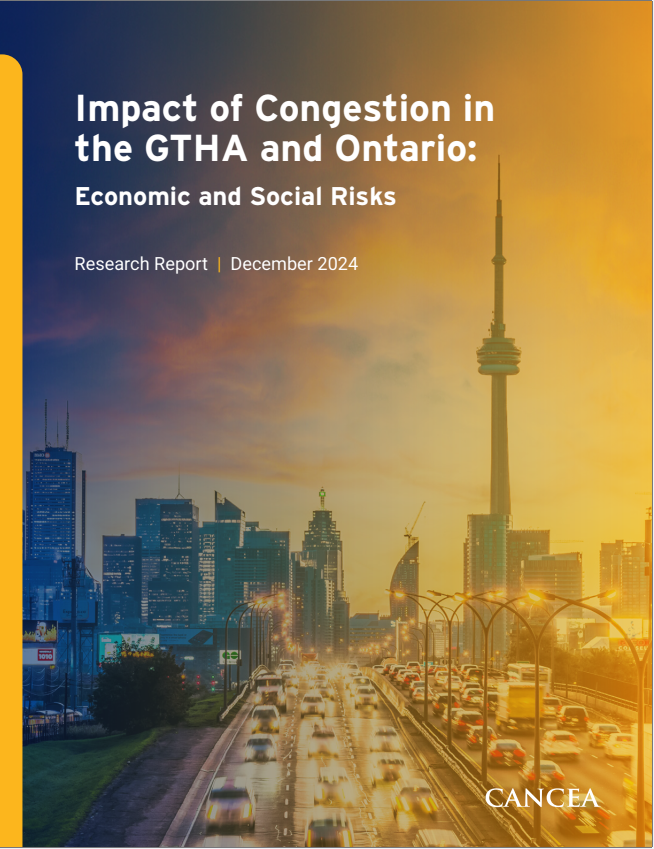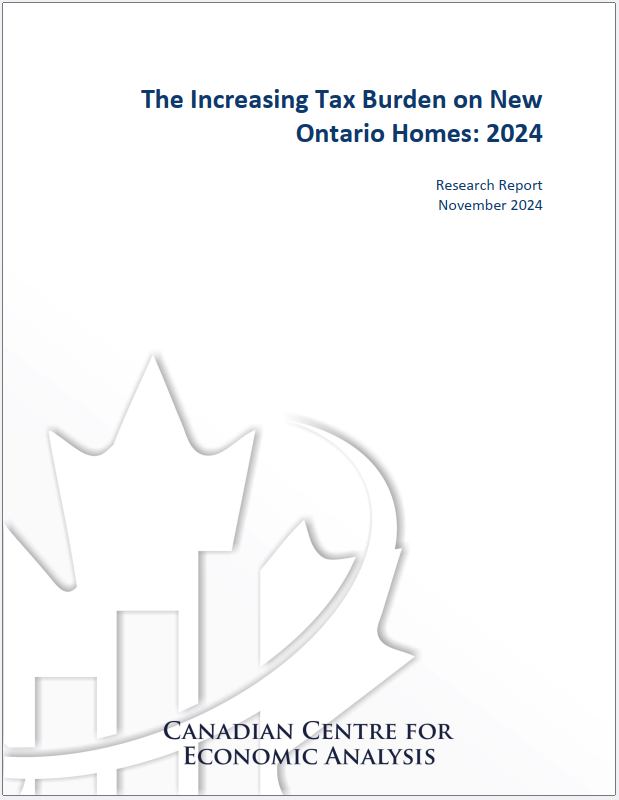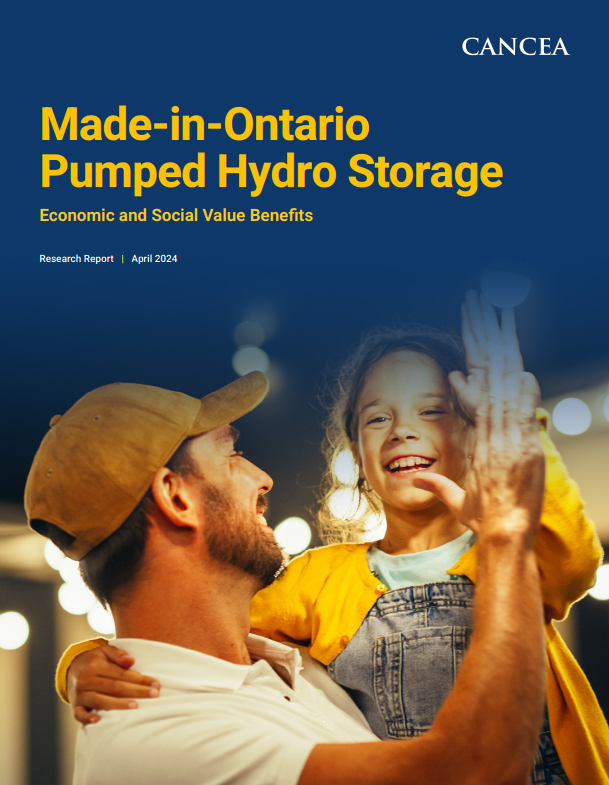Background
The Greater Toronto and Hamilton Area (GTHA), represents 20% of Canada’s economy and has a gross domestic product (GDP) per capita that is 19% greater than the rest of Ontario. As a major role player in bringing together regional leaders to address the most pressing urban challenges in the GTHA, CivicAction is launching its first health-related initiative by focusing on mental health in the GTHA workplace. By increasing awareness and action among the GTHA’s employers and employees, CivicAction hopes to create a GTHA where residents’ mental well-being and productivity are fully realized. As part of the initiative, CANCEA was asked to model the scope of mental health issues in the GTHA labour force using its cutting-edge agent-based modelling platform, Prosperity at Risk (PaR).
Mental Illness in the GTHA
Of the 3.2 million people currently in the GTHA labour force, it is estimated that over 1.5 million people (approximately 1 in 2) have experienced a mental health issue in their lifetime. Of those, 680,000 people (or 21% of the GTHA labour force) are estimated to currently have a mental health issue; while the remaining 995,000 (or 31% of the GTHA labour force) are people who previously experienced one.
The economic impact of mental health issues in the GTHA labour force is significant. Over the next 10 years, mental health issues in the GTHA labour force could result in an average annual loss of productivity of $1.7 billion, or approximately 0.5% of the GDP of the GTHA.
